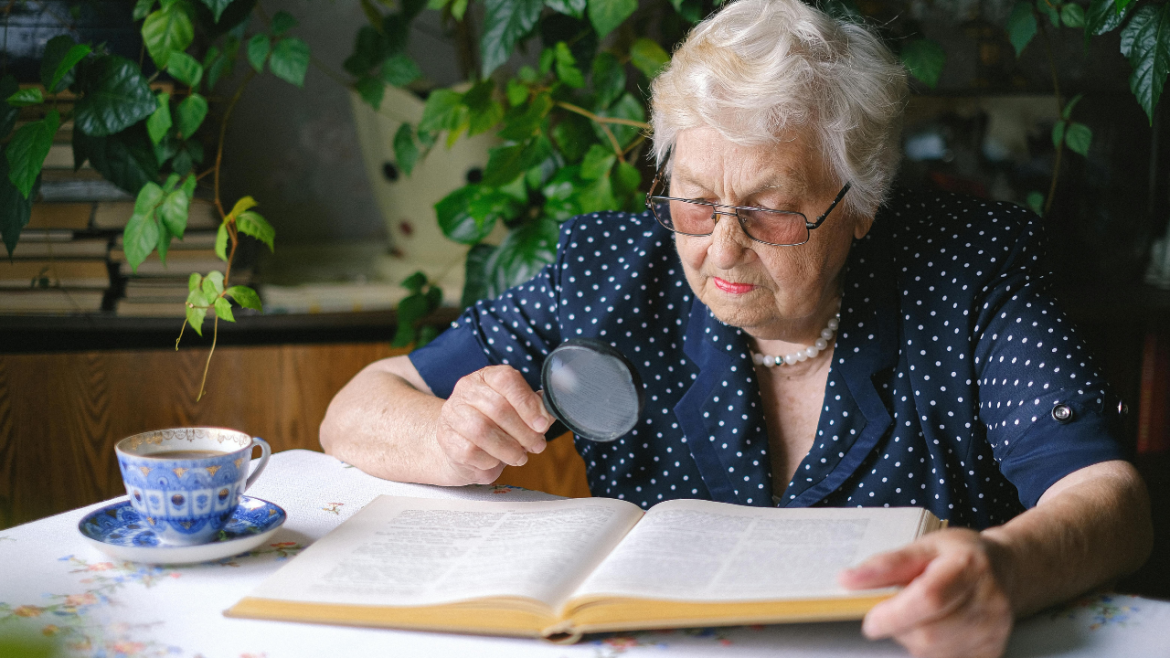Did you know that Leading Edge Senior Care has a Dementia Support Group? We meet monthly In Mesa. For more details <click here>
Best Ways To Keep Senior’s Brains Stimulated
Aging is a journey of grace, but for many seniors, it also comes with challenges that affect their cognitive health. As the years go by, the brain, like any other part of the body, needs support and stimulation to stay strong. When mental sharpness begins to fade, even the simplest tasks can become overwhelming.
That’s why providing mental stimulation isn’t just a suggestion—it’s an act of love and protection. Seniors need meaningful ways to stay engaged, and the best approaches go beyond mere entertainment. They tap into memory, creativity, connection, and joy.
Understanding The Importance Of Mental Engagement
Cognitive decline doesn’t always happen overnight. It can creep in slowly, making it difficult to notice until it begins interfering with daily life. Memory lapses, lack of focus, or confusion are often brushed off as normal signs of aging. But in truth, these changes may signal the beginning of something more serious. This is why proactive brain stimulation matters so much. Keeping the mind active has been shown to slow the onset of dementia, enhance memory, and improve quality of life overall.
Just like a muscle, the brain thrives on regular use. When seniors are mentally engaged, they tend to feel more independent, purposeful, and connected to the world around them. This connection becomes especially powerful when supported by loved ones and caregivers who recognize the value of meaningful interaction.
Use Creative Activities To Spark Joy
Creativity awakens parts of the brain that other activities often leave dormant. Seniors who engage in painting, crafting, gardening, or even storytelling find themselves immersed in something more than a task—they’re immersed in an experience. These types of hands-on, expressive outlets don’t require professional skills, just openness and encouragement.
Artistic activities can be adapted to any ability level, which is what makes them so inclusive and beneficial. If a senior has difficulty holding a brush, even finger painting or coloring can stir forgotten memories and generate emotional release. Creative expression helps relieve stress, improves motor function, and builds confidence. But more than that, it creates joy—and joy is a vital part of mental wellness.
Stimulate With Word Games, Puzzles, And Brain Exercises
While creativity engages the emotional and expressive centers, games and puzzles challenge logic and memory. Crosswords, Sudoku, and memory-matching games can strengthen cognitive performance over time. Even a simple word search can help with recall and focus.
Many seniors love games, not just for the mental boost, but for the fun and social interaction they offer. Puzzles can become a shared activity between family members, promoting communication and connection. This is especially helpful for seniors experiencing early signs of memory loss, as it helps reinforce routine thinking patterns.
Introducing brain-training apps can also be effective. Designed specifically for older adults, these apps adapt to various ability levels and provide daily mental workouts that are both engaging and rewarding. Even ten minutes a day can make a noticeable difference over time.
Encourage Learning And Curiosity
Learning doesn’t stop at a certain age—it evolves. Seniors who remain curious tend to stay mentally sharp because they’re constantly absorbing and processing new information. Reading books, listening to podcasts, or watching educational documentaries can all offer this type of cognitive nourishment.
If mobility is a challenge, audiobooks and voice-activated devices can be helpful. The point isn’t the format—it’s the consistent exposure to new ideas and stories. Curiosity feeds the brain, and with so many accessible resources today, seniors can explore the world from the comfort of home.
Better still, many community centers and senior groups offer classes tailored to older adults. Whether it’s a cooking class, music appreciation, or a language course, learning in a social environment doubles the benefits. It stimulates the brain and satisfies the very human need for connection.
Support Social Interaction And Emotional Connection
One of the most overlooked elements of cognitive health is emotional stimulation. Isolation is a growing concern among seniors, especially those living alone or with limited mobility. Unfortunately, loneliness can have the same cognitive impact as chronic stress—it weakens the brain’s function over time.
That’s why conversation, companionship, and shared experiences are just as important as puzzles or memory games. Engaging with friends, family, or even caregivers helps seniors feel valued and connected to the world. Whether it’s phone calls, group activities, or simply having a shared meal, social interaction keeps the mind—and heart—alive.
Keeping The Brain Strong Is An Ongoing Gift
Caring for a senior means thinking beyond physical health. It’s about protecting their sense of identity, purpose, and connection. Mental stimulation is not a luxury; it’s a lifeline. By encouraging creativity, curiosity, social bonding, and cognitive games, we provide more than just brain health—we give seniors the chance to thrive emotionally, mentally, and spiritually.
Even small, consistent efforts can spark light in the quiet corners of the aging mind. And in doing so, we don’t just help preserve memory—we help protect dignity.
